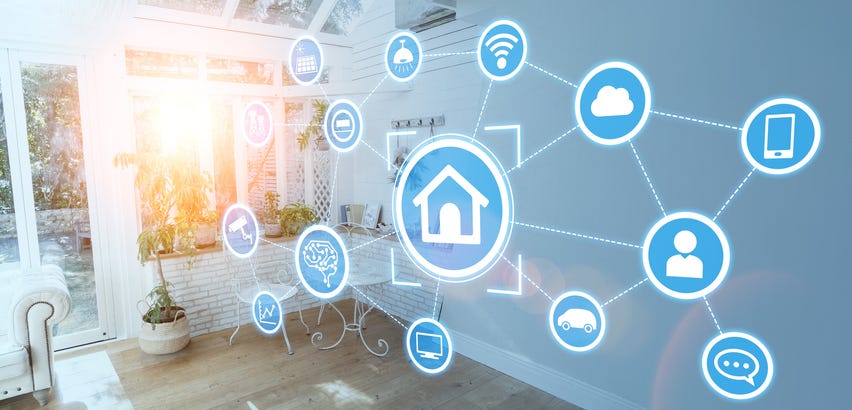
Home Automation: A Smart Way to Slash Electricity Bills
Share
As technology advances rapidly, an increasing awareness of environmental concerns encourages people to seek innovative ways to conserve energy. Among these strategies, home automation stands out as a particularly effective approach. By integrating automation into our homes, we not only experience enhanced convenience and security but can also enjoy considerable reductions in electricity bills. Whether you're an industry professional or simply a tech enthusiast, it's essential to understand how home automation can contribute to energy savings in our modern, sustainability-focused world.

The Wonder of Smart Devices
At the core of any home automation system are smart devices. From smart thermostats to remotely controlled lighting, these devices are specifically designed to operate more efficiently than traditional alternatives. For example, smart thermostats can learn your daily routines and adjust your home's heating and cooling to minimize excessive energy use, making them especially useful for frequent travelers or those with unpredictable schedules.
Illuminating Your Savings
The advent of smart lighting systems has fundamentally changed the way we manage energy consumption at home. With the option to control lights through mobile apps or voice commands, homeowners can easily ensure that lights are turned off when not needed. Additionally, smart bulbs are not only energy-efficient but also last longer than traditional options. Innovations in this area include motion-sensor lights that activate only when someone is present.
Automated Blinds and Windows
Automated blinds and windows also play a significant role in lowering electricity bills. These intelligent systems can be programmed to open and close based on various factors such as time of day, temperature, or sunlight intensity. For example, closing blinds during peak sunlight hours helps reduce heat gain and lowers the demand on air conditioning systems.
Energy Management Systems
A central component of home automation is energy management systems. These systems provide real-time insights into energy consumption patterns, empowering homeowners to make informed decisions on optimizing energy usage. With detailed analytics, you can identify energy-intensive appliances and develop strategies to reduce their consumption. Modern techniques in sustainable home automation often encompass these energy management features to further enhance efficiency.
The Impact of Artificial Intelligence
Artificial intelligence (AI) in home automation is more than just a trendy topic; its transforming daily living. AI can predict energy usage patterns and automatically optimize them based on your lifestyle, resulting in lower costs. Systems that continuously adapt to your habits deliver tailored solutions for effortless energy savings.
Selecting the Right Solutions
For many, diving into home automation can seem overwhelming. However, with a strategic approach, the transition can be smooth and rewarding. Starting with a single smart device, like a thermostat or smart lighting, sets you on the path toward more comprehensive automation.
Investing in Tomorrow
Home automation is an investment in technological progress and environmental stewardship. Though the initial costs may appear significant, the potential long-term savings on electricity bills make it a financially wise decision. Additionally, adopting these technologies supports larger environmental initiatives aimed at minimizing carbon emissions.
With resources available on home automation and the environment, transitioning to a smarter, greener living space has never been easier.
Conclusion
The growth of home automation systems is fueled by continuous technological advancements and the urgent need to manage energy consumption more effectively. As tech professionals and enthusiasts, embracing and leveraging these intelligent systems presents not only financial benefits but also a valuable opportunity to contribute to global energy conservation efforts.

FAQ
How much can home automation reduce my electricity bills?
Investing in home automation can lead to substantial savings, with potential reductions in energy costs of up to 30% through efficient management of heating, lighting, and appliances.
Is the initial cost of home automation justified?
While the upfront investment may seem steep, the long-term savings and ecological benefits make home automation a worthwhile endeavor.
What are the first steps to starting with home automation?
Begin by implementing a single device, like a smart plug or thermostat, to get acquainted with automation technologies and gradually expand your system.
